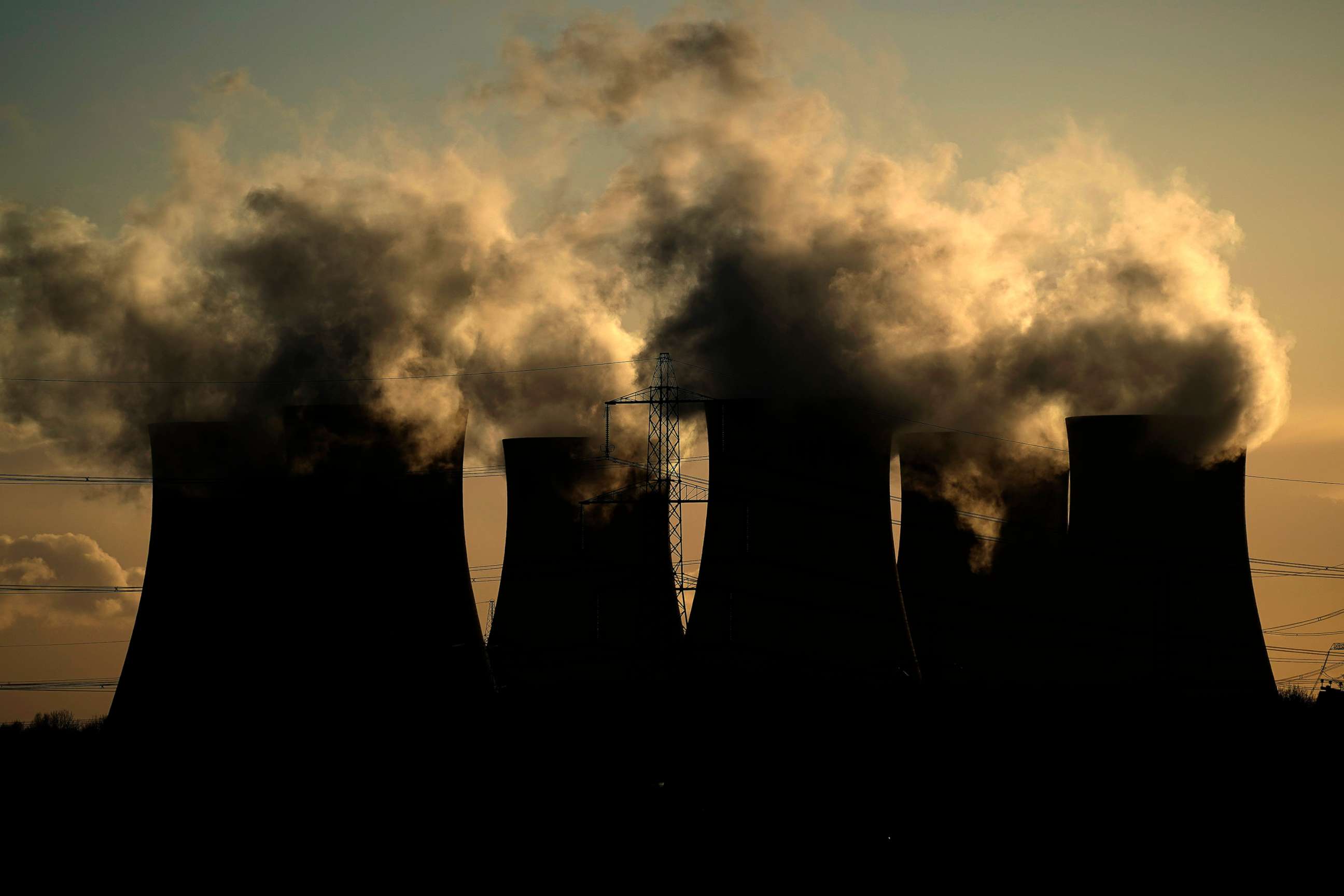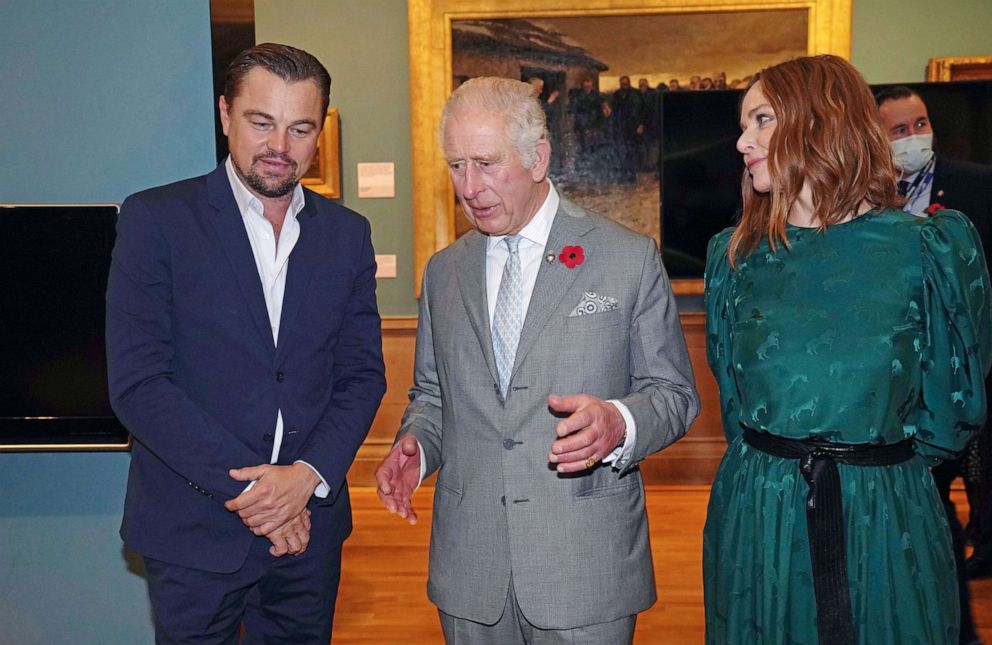Dozens of countries promise to phase out coal
A coalition of 190 countries and organizations have agreed to commit to the end of coal power at COP26, a potentially major step toward limiting global temperature increases.
Major coal-using countries such as Poland and Vietnam have committed to phasing out the world’s dirtiest fossil fuel for the first time, the U.K. government announced Wednesday night.

The coalition has committed to ending all investment in new coal power generation both domestically and internationally, rapidly scale up deployment of clean power generation, phase out coal power for major economies in the 2030s and the rest of the world by the 2040s and make a transition away from coal power in a way that benefits workers and communities.
China, Japan and Korea, the three largest public financiers of goal, have already committed to ending overseas finance for goal generation by the end of 2021.
-ABC News’ Stephanie Ebbs






